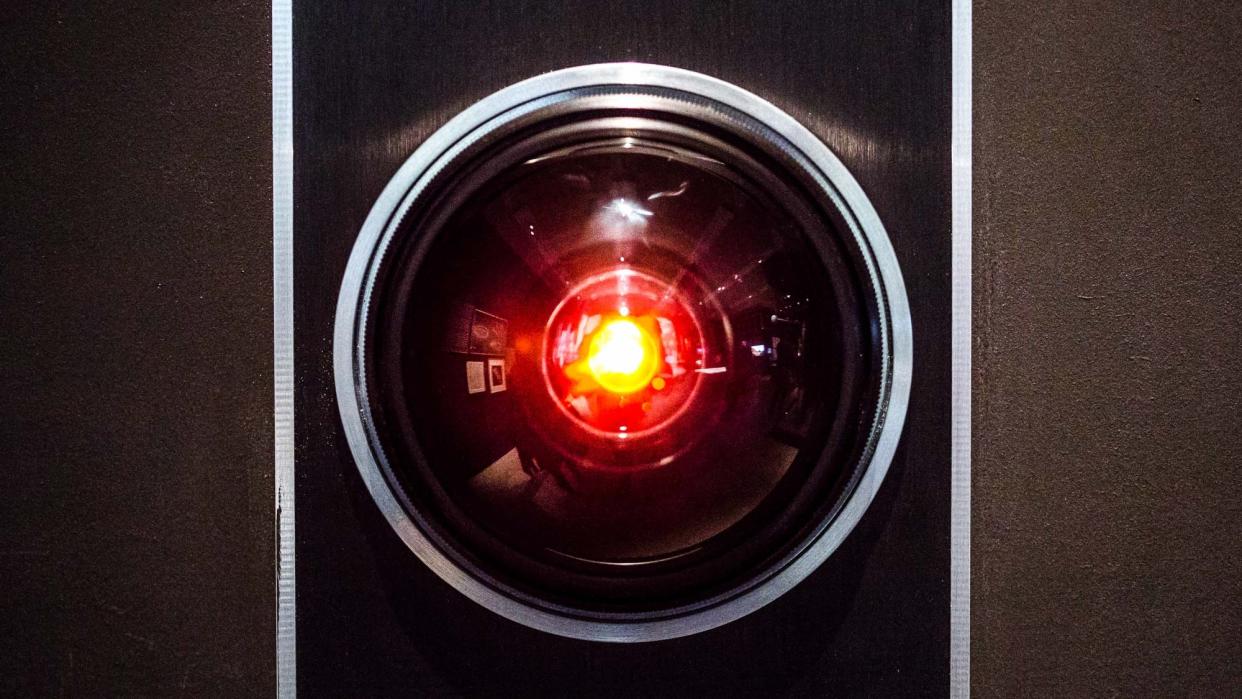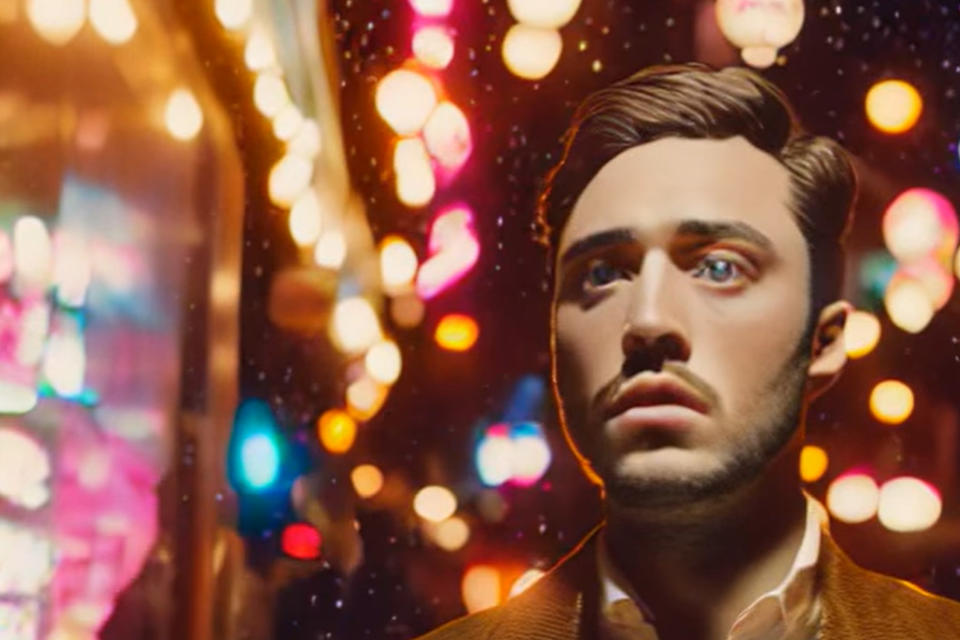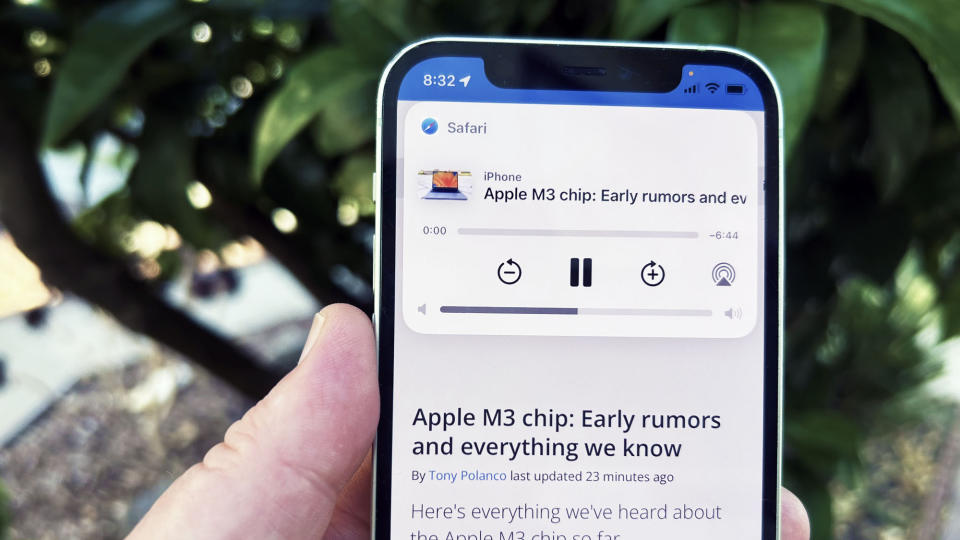Is AI good or bad for artists? Here’s the pros and cons

If you have spent any time on social media you may have seen the following statement, originally posted on X by Joanna Maciejewska, a fantasy and sci-fi author, which reads as follows:
“You know what the biggest problem with pushing all-things-AI is? Wrong direction. I want AI to do my laundry and dishes so that I can do art and writing, not for AI to do my art and writing so that I can do my laundry and dishes.”
The statement is an interesting one, and prudent at the moment. The idea that AI shouldn't be the one making art, and instead should focus on making our lives easier, thus giving us more time to chase our own hobbies (something that modern living seemingly never allows for) is enticing.
After I saw the initial post I started to wonder about how I viewed AI and its place in the artistic world. Whether we should completely get rid of it and banish it from being able to generate anything similar, or if we should embrace it as a new art form entirely.
I went back and forth on the issue for a while and, finally, came to a conclusion. To explain my thinking I need to first look at what I dislike about AI in the arts and what it should focus on, and then what I like about it. So come with me, and you'll see, a world of pure AI content creation.
Why AI should focus away from the arts (to a point)

I must confess that the basic premise of AI creating images and writing has always made me somewhat uncomfortable, especially because of how fast it is. I worry that, with how easy it is to create something in minutes, there is a risk of other forms of art being lost in the storm, especially when trying to sell your art.
If you happen to work for hours to create a piece, and then AI does it in seconds, then that feels terrible and ruins the market for the other creators.
I believe AI should focus on things that help people over the headline-grabbing gimmicks.
I also dislike AI taking jobs away from people, especially those whose careers require more skills than developers might realize. For instance, I have friends who work in translation for video games and their careers are at risk, even though AI struggles to recreate the nuances that are cornerstones in that career. Not to mention the fear many voice actors have of their voices being stolen or recreated, thus putting them out of a job too.
I agree with the statement that Artificial Intelligence seems to have a problem with focus currently. If you watch most tech shows nowadays you’ll see that AI features usually focus on bigger, flashier things that don’t benefit us much in our daily lives. This might be a personal gripe, but I believe AI should focus on things that help people, over the headline-grabbing gimmicks.
I want to see more features that help users organize and compile dates and messages, or features that help users find what they are looking for. For instance, the Google feature "Ask with Video" is the kind of thing that developers should be focusing on, as it is a feature that can help a lot of people with relative ease.
So, with all that said it must seem like AI should stay out of the arts completely right? Well no, I don't think that's entirely the right choice either
AI can help the Arts, more than people may think

As I said previously, there is a lot of concern about how generative AI could ruin creator's lives. However, there are more potential benefits than people realize. They just need to be aimed the right way and used to help, rather than overtake, the artists.
I don't want AI to do the creating, I want AI to help me be the best creative I can be.
The first example I want to look at is writing. Something close to my heart as an (unsuccessful) novelist. Writing books is a time-consuming and difficult process. There are few places that a writer can turn to for help when it comes to organizing ideas or overcoming a block. AI could help with that, even if only by compiling random scrawls or notes and offering the writer a summary of the pieces to better get their ideas in order.
Art is a little more complicated because of the prevalence of bad AI art flooding sites like TikTok and Instagram. However, I believe that art should be open to everyone — but there is a skill issue that means some people will never be able to produce the images in their minds. AI generation can help people and even push them to improve their drawing and painting. Maybe we could even see AI that can scan an image and offer suggestions that let the artist see what they could create in seconds, rather than having to draw and erase constantly.
Voice generation is a feature that can be a major benefit for people, especially people who have lost the ability to speak. Often recreated voice options sound too robotic or like stock voices that don’t match them. However, features like Apple's personal voice make it possible to recreate a person's voice and allow them to speak again, in a form. It can also help people read their work again and even act if that is their passion.
Bottom line
The reality is that people using AI for nefarious things, or to make a quick buck, will always be a factor. The issue is that developers seem to — at this point in time — be enabling those people more than disabling them, at least from the perspective of someone in the arts. For a novelist, seeing an app that will write a book in minutes is disheartening. However, we should look at AI for the opportunities it can bring, and how it can help people.
AI in the arts will likely always be a thing, and I don't see it going anywhere, but it can be a big help to us in the creative process. I don't want AI to do the creating, I want AI to help me be the best creative I can be. AI can be beneficial to us, and it should help us to do what we want to do.
I also don't want any more TikToks of those damn cats looking sad and singing in meows... they haunt me.


